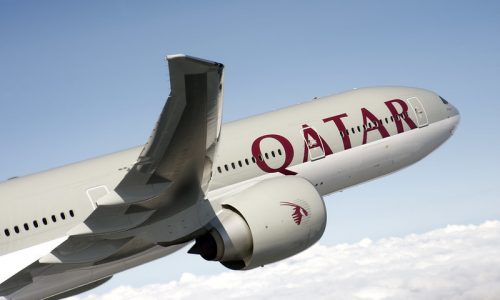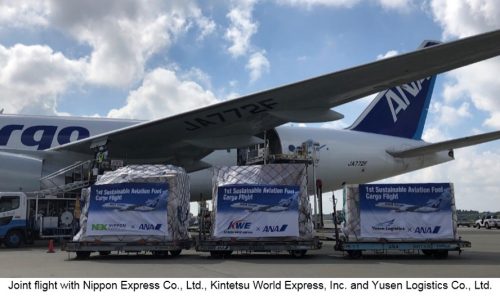Cainiao Smart Logistics Network, the Alibaba Group logistics arm, has teamed up with Nestlé to roll out a green supply chain project across China, with the goal of reaching net zero emissions.
The cooperation will manage a sustainable supply chain across all its links, starting from production line to warehousing, transfer, distribution and package recycling by end consumers.
Based on the project parameters, Cainiao will gradually implement a series of dedicated green supply chain initiatives together with Nestlé, including:
- Customized packaging: boxes designed based on the size of goods in Nestlé factories to reduce the use of plastic materials
- Smart recycled shipping boxes: boxes with QR codes that can be recycled by enterprises based on IoT technologies
- Smart inventory allocation: manage warehousing of goods from different sales channels and match them with customized boxes using forecasting algorithms
- Reducing the use of unnecessary packaging materials brought about by secondary packaging, and promoting the use of plastic-free zipper box to eliminate gummed tape applied for delivery parcels
- The establishment of recycling facilities at over 30,000 Cainiao Post Stations nationwide, spanning over 300 cities
- To facilitate the recycling of Nestlé‘s Sense Café packages. Consumers can book a time slot for doorstep collection of recyclable items through Cainiao app or mini-program on Alipay and WeChat, and a Cainiao courier will arrive at the designated time for pick-up, and delivery back to recycling site.
Said Yong Shuai, Head of Cainiao’s Green Supply Chain: “By marrying technology innovation with logistics, we strive to foster a greener and more sustainable logistics ecosystem, and to become the partner of choice for leading consumer brands globally as they adopt green supply chain practices.
“At present, some Nescafé and Starbucks at Home products shipped from Cainiao warehouse all use eco-friendly tape-free zipper boxes, which reduce the use of plastic packaging and corresponding environmental pollution.
“This tailored approach undertaken with Nestlé demonstrates our commitment to serve organizations in developing their green supply chain management framework.”
Nestlé is one of the early pioneers that launched green initiatives in China. As early as 2018, Nestlé promised to achieve 100% recyclable or reusable packaging materials by 2025. At the end of last year, Nestlé is taking measures to achieve net zero by 2050 and formulated a detailed roadmap.
Said Tony Domingo (Dong Ming), SVP for Nestlé GCR Supply Chain & Procurement: “We’ve anticipated new levels of consumerism in the marketplace, which in turn transformed our new business economics.
“We therefore needed to preempt the transition towards a greener supply chain, with concrete & step-changing sustainability actions that are relevant across the entire ‘farms-to-dinner-plates’ network. Teaming-up with Cainiao has continued to deliver the desired dividends in terms of our consumers, customers & our brands, whilst actively pressing towards our carbon reduction strategies.”
Cainiao is committed to leading and advocating for the sustainable development of the logistics industry. In 2016, the company launched the Cainiao Green Logistics Project in collaboration with other leading Chinese courier delivery companies to promote the industry’s green transformation.
This is by far the largest environmental protection initiative co-launched by logistics companies in China. It is estimated that through Cainiao’s energy-efficient distribution center, smart packaging algorithm and rooftop photovoltaic power station, the carbon emissions from its value chain during the 618 sale event have been reduced by over 13,000 tons.

